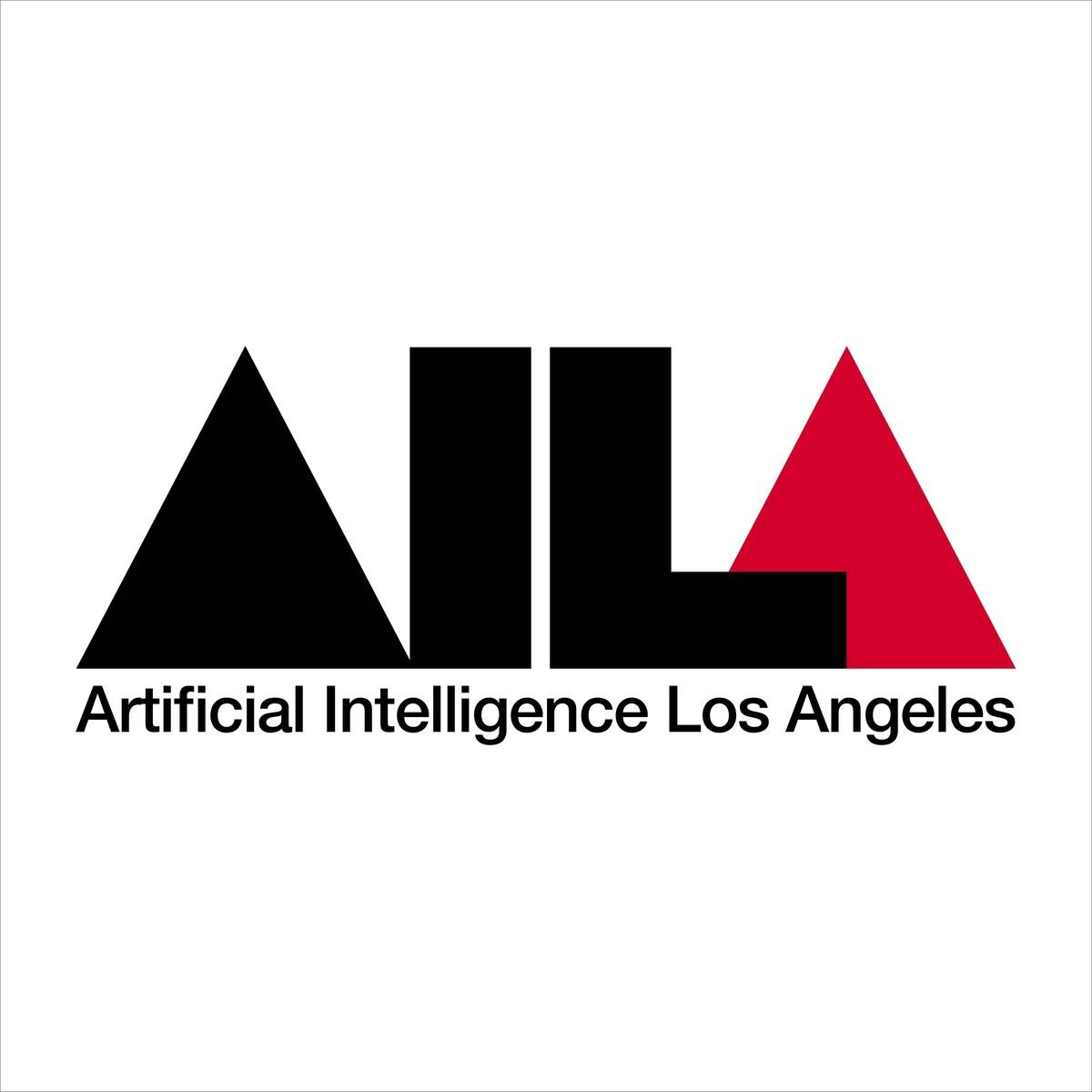Hey there!
On Wednesday evening, AI LA hosted our first event of 2024 with Emerging LA and Stanford Angels & Entrepreneurs of SoCal. But this wasn’t any ordinary AI LA event…

This was the beginning of our new LA Founders & Investors event series sponsored by Wilson Sonsini! Every third Wednesday of the month, we will host a fireside chat with a serial entrepreneur and investor.
To kick off the series, we brought out the A-Listers of LA tech: George Ruan, co-founder of Honey, and William Hsu, co-founder of Mucker Capital.
Ruan, who sold Honey to PayPal for $4 billion, reflected on the importance of perseverance through failure and the role of luck in his success. He also introduced his new AI-focused startup in medical charting, aiming to revolutionize the healthcare industry. William Hsu discussed Mucker's growth from a modest $1 million fund to a $450 million powerhouse, emphasizing the value of investing in passionate, outlier entrepreneurs with unique insights. The event highlighted the transformative potential of AI and the critical nature of focus and resilience in the startup world.
Upcoming Events
AI & Biotech Monthly Meetup

Venture into the cutting-edge crossroads of AI and Biotech at our inaugural BioSync AI Mixer! We are excited to announce this brand-new initiative, a collaboration between AI LA, Bioscience LA, BitsinBio, and Nucleate.
Headlining the event is a Fireside Chat led by Nathan Wan, CTO of Nuanced Health.
Join us at Bioscience LA on January 31, 2024, from 5pm to 8pm, for a unique exploration as Nathan offers insightful perspectives on the dynamic intersection of AI and Biotech. The talk will be followed by an opportunity to connect, collaborate, and expand your network within a diverse community of enthusiasts, innovators, and industry leaders!
AlphaPersuade: A Summit on Ethical AI on 2/29

AI LA is hosting a one-day summit addressing ethical persuasion in current AI models affecting end-user trust, consumer adoption, corporate responsibility, and industry regulatory review.
Understand the ethical challenges inherent to current AI tools and their persuasive power.
Access a deployable framework for AI technologies that limits disinformation, contains and eliminates bias, reduces hallucinations, and empowers customers for novel uses of AI.
Network with AI leaders, developers, and technology ethicists.
A special rate of $200 for the AI LA Community.
Use code RHETAI24 at check-out.
AI Regulatory Roundup
My name is Dhruva Krishna, and I’m AI LA’s new Ethics and Responsible AI Ambassador. As part of my role, I’ll provide updates on the complex, everchanging, and highly important area of AI regulation.
This week, I’d like to highlight the No Artificial Intelligence Fake Replicas and Unauthorized Duplications (“No AI FRAUD”) Act. This bill was introduced last week by Representatives Salazar and Dean to “protect Americans’ individuals right to their likeness and voice against AI-generated fakes and forgeries.” More specifically, AI FRAUD creates a federal law protecting against the unauthorized uses of one’s likeness, voice, including in digital depictions or digital voice replicas. The NO AI Fraud Act follows the proposed “NO FAKES Act” from October 2023 that proposed a similar federal right and protection for one’s likeness. For the lawyers out there, these bills have been described as proposed federal right publicity legislation.
These bills illustrate an increasing regulatory and legislative response to AI. As AI usage, especially generative AI usage, becomes increasingly common, more concerns have been raised about protecting the unauthorized use of one’s identity. In fact, the No AI Fraud Act highlights the use of AI to create unauthorized sexual images, music, and misinformation.
However, these bills also demonstrate the dangers of using broad and encompassing legislation to address nuanced and complex issues. The language in the No AI FRAUD Act is at best vague and could do much more harm than good. For example, a “digital depiction” includes any “replica, imitation, or approximation of the likeness [living or dead] that is created or altered in whole or in part using digital technology.” The term “digital technology” includes technologies or devices now known or created, such as “computer software, artificial intelligence, machine learning, quantum computing” or other similar technologies.
A potential unauthorized use could broadly mean using any individual’s likeness created by a technology without their consent. Thus, impersonating a celebrity on the internet, depictions of figures in movies, or even imitating one’s voice could lead to federal liability! This overbroadness could lead to deterring art, critiques, and interest in AI generally.
Moving forward, it is important to recognize the need to balance between the harms and benefits of AI. However, we should ensure that any type of AI regulatory or legislative framework is carefully drafted, and does more to protect individuals instead of curbing valuable innovation.



